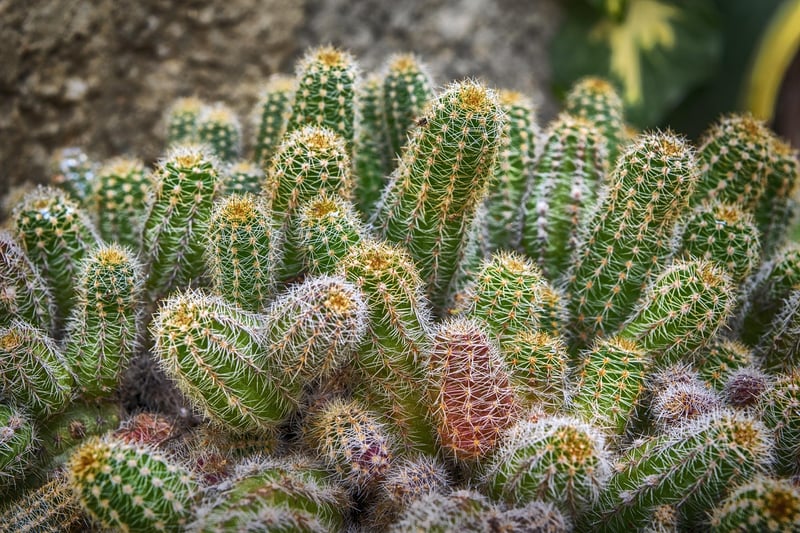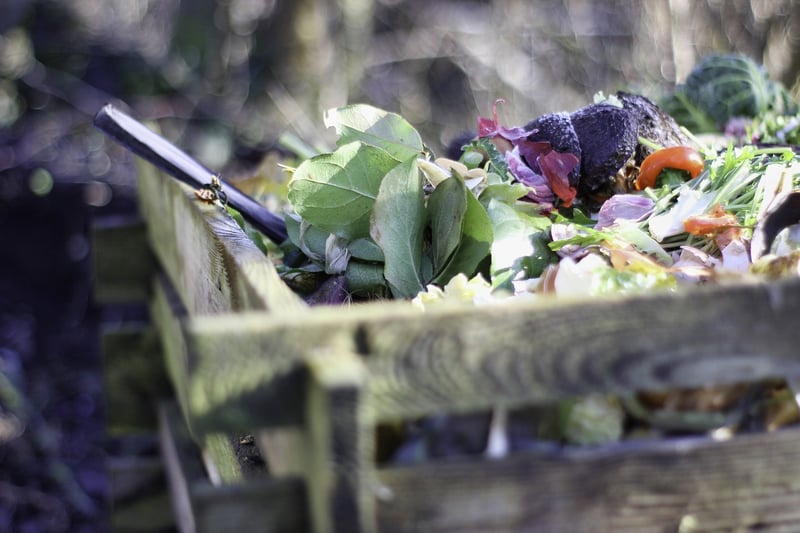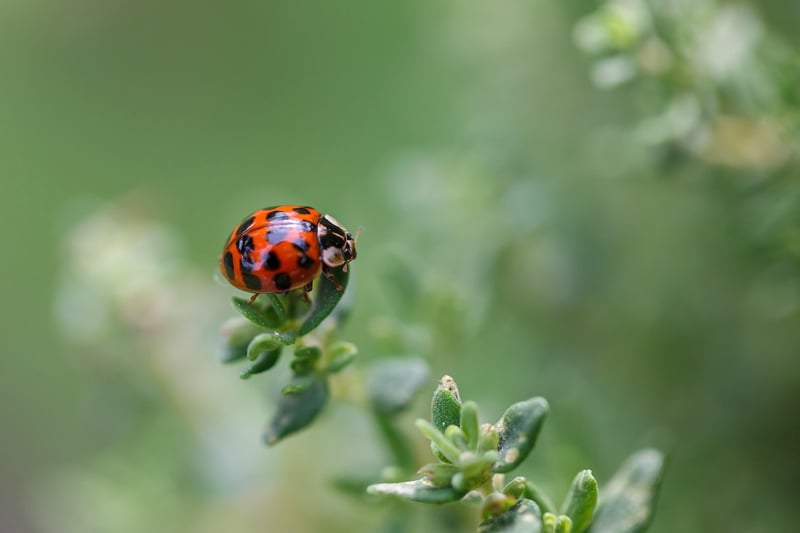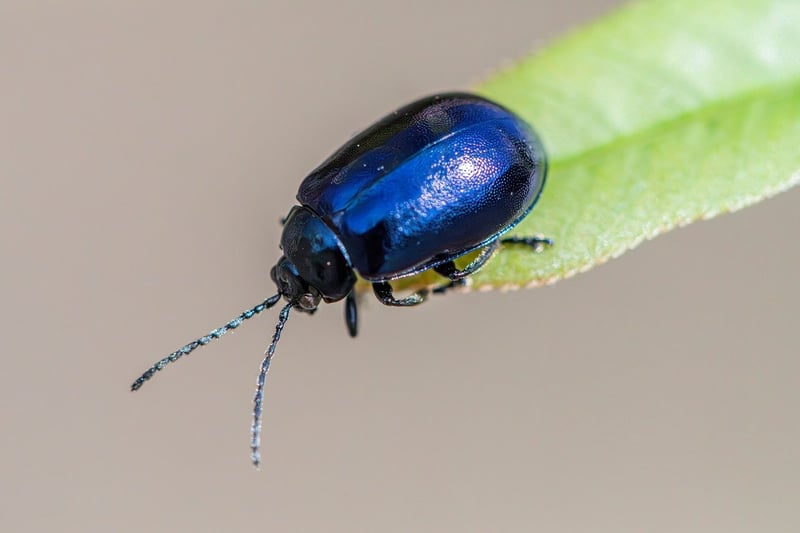Natural Pest Control
Sustainable Practices for Urban Gardens + Natural Pest Control
Introduction
Urban gardening is a growing trend that allows city dwellers to connect with nature, grow their own food, and contribute to a healthier environment. In this article, we will explore sustainable practices for urban gardens and natural pest control methods to help you maintain a thriving garden without harming the ecosystem.
Sustainable Practices for Urban Gardens
Urban gardens face unique challenges such as limited space, soil contamination, and pollution. By adopting sustainable practices, you can overcome these obstacles and create a flourishing garden oasis in the city.
1. Container Gardening
Utilize containers to grow plants vertically and make the most of limited space. Choose recycled containers or upcycle old items to reduce waste.

2. Composting
Start a compost bin to recycle kitchen scraps and garden waste into nutrient-rich soil. Composting reduces landfill waste and provides a natural fertilizer for your plants.

3. Rainwater Harvesting
Collect rainwater in barrels to water your garden and reduce reliance on municipal water sources. Rainwater is free of chemicals and better for your plants.

Natural Pest Control
Instead of using harmful chemicals that can harm beneficial insects and pollute the environment, consider these natural pest control methods to protect your urban garden.
1. Companion Planting
Planting certain herbs and flowers alongside your vegetables can help repel pests naturally. For example, marigolds deter aphids, while basil repels mosquitoes.
2. Neem Oil Spray
Neem oil is a natural insecticide that disrupts the feeding and reproductive cycles of many pests. Mix neem oil with water and a small amount of dish soap to create a spray for your plants.
3. Beneficial Insects
Attract beneficial insects like ladybugs, lacewings, and predatory wasps to your garden. These insects feed on pests and help maintain a natural balance in your urban garden.

Conclusion
By implementing sustainable practices and natural pest control methods, you can create a thriving urban garden that enriches your life and the environment. Embrace these eco-friendly techniques and watch your garden flourish in the heart of the city.
